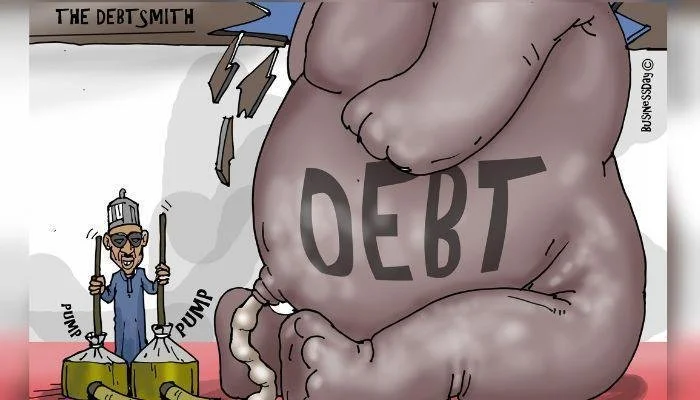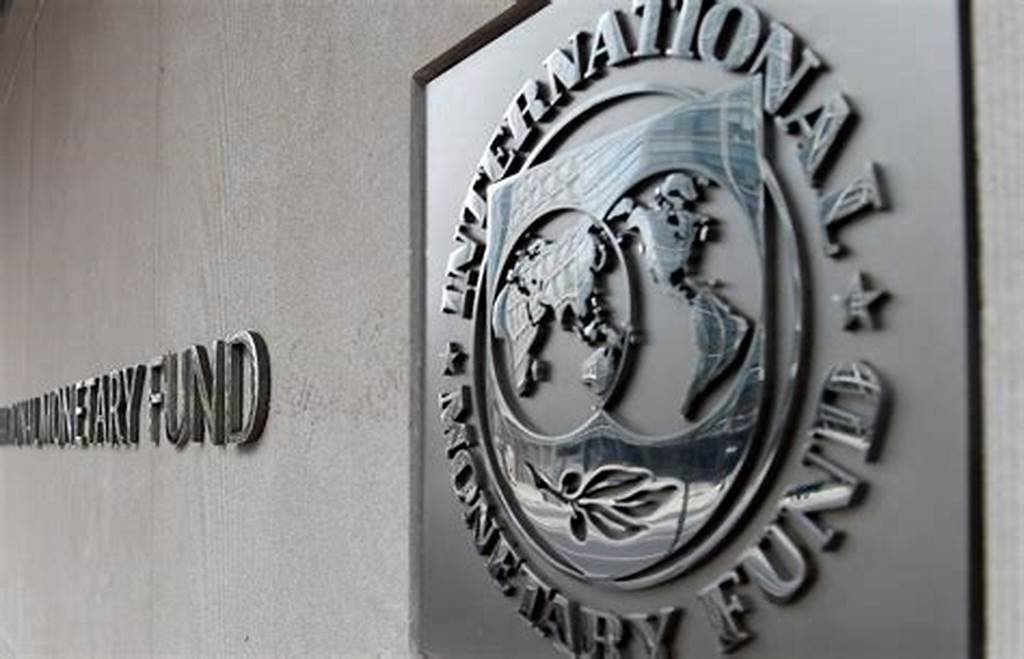Understanding Nigeria's Rising Debt: Exploring Borrowing Trends and Economic Implications
The Federal Government's debt trajectory in Nigeria is on a concerning upswing, with indications pointing towards a substantial increase from N87.3 trillion as of December 2023 to a projected N111.4 trillion, largely due to fresh borrowings in the first quarter of 2024.
Analyses reveal that the Federal Government tapped into various borrowing channels, accumulating over N7 trillion through fixed income instruments and initiating the first tranche of a $3.3 billion Afreximbank loan during this period. These borrowings, sourced both domestically and externally, were prompted by the economic challenges, particularly the exchange rate crisis, witnessed in the early months of the year.
Recent data from the Debt Management Office (DMO) highlighted Nigeria's total debt reaching N97.3 trillion, encompassing both local and external debts owed by states and the Federal Capital Territory. Of this, the Federal Government's share stood at N87.3 trillion, with N53.2 trillion in local debt and N34 trillion in foreign debt, while sub-national governments accounted for around N10 trillion.
To bridge the N9.18 trillion deficit in its 2024 budget, the Federal Government aggressively pursued local borrowings, raising substantial sums through Treasury Bills, FGN Bonds, and Savings Bonds. Additionally, a syndicated $3.3 billion crude oil prepayment facility was secured from the African Export-Import Bank in January, further bolstering the debt portfolio.
Looking ahead, the total debt is anticipated to soar to N111.4 trillion, reflecting a 27.6% increase from the previous year's figure. Plans for additional borrowing, both domestically and externally, suggest a further escalation in debt levels by the end of the second quarter.
The government's strategy to alleviate economic challenges through borrowing is not without its risks. While borrowing through fixed income instruments helps in liquidity management and inflation control, prudent fiscal management is imperative to ensure borrowed funds are effectively utilized to stimulate economic growth.
Experts caution that Nigeria's poor debt-to-revenue ratio could lead to a scenario where a significant portion of revenue is allocated to debt servicing, exacerbating the country's economic woes. Addressing revenue shortfalls, curbing leakages, and enhancing tax collection mechanisms are vital steps in mitigating the risks associated with rising debt.
As borrowing continues at an elevated pace, there is growing concern about the sustainability of Nigeria's debt burden. If left unchecked, escalating debt levels could pose significant challenges to economic stability and long-term growth prospects.
While borrowing may provide short-term relief, a comprehensive fiscal strategy that prioritizes debt sustainability, revenue generation, and effective utilization of borrowed funds is essential for Nigeria to navigate its current economic challenges and secure a prosperous future.







